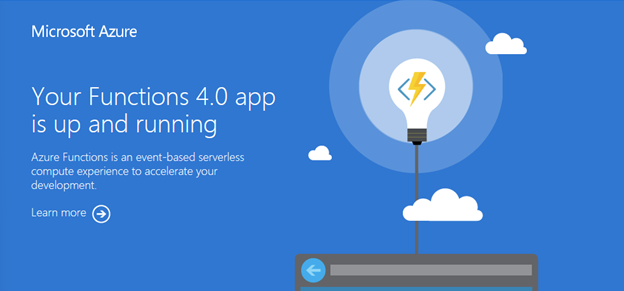


Semantic Kernel Tools

How Haiyan Zhang Went from Software Engineer to AI Game Design Innovator

How to use Semantic Kernel for multi-modal experiences.

Use the Summarize Skill to create concise and actionable chat summaries

Semantic Kernel Planner: Improvements with Embeddings and Semantic Memory

How to Deploy Semantic Kernel to Azure in Minutes

Early Lessons From GPT-4: The Schillace Laws

Semantic Kernel Embeddings and Memories: Explore GitHub Repos with Chat UI


 Light
Light Dark
Dark